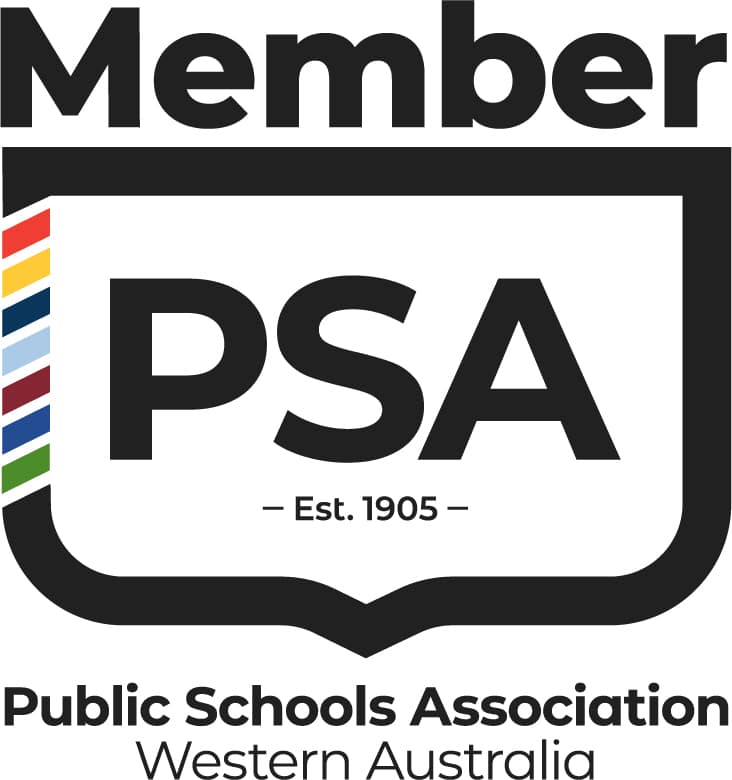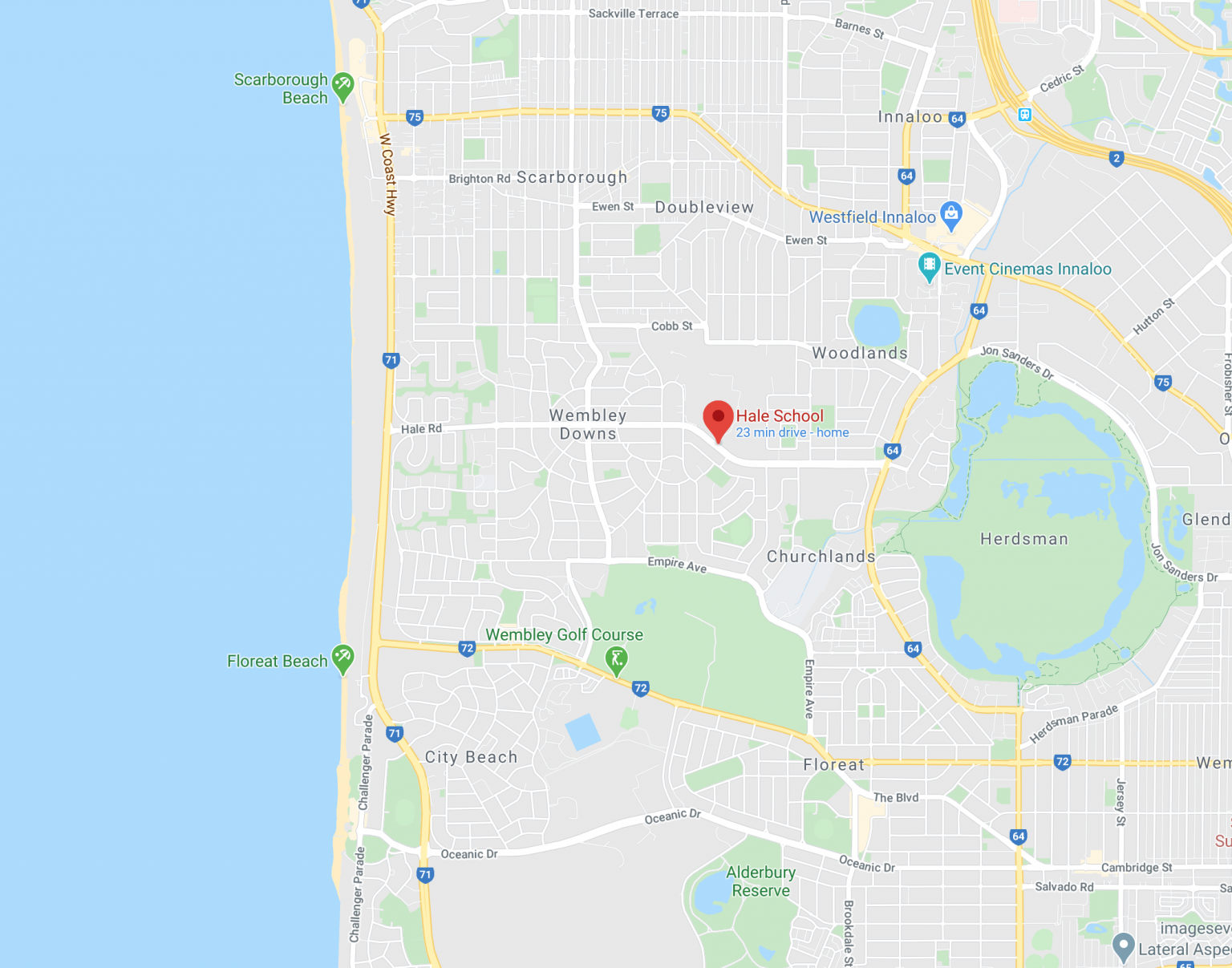Hale is a school that draws great strength from its traditions – those pillars of practice, refined and tested over generations in the crucible of academic and pedagogical discourse. In equal measure, our educational vision is forward looking, informed and fuelled by leading research, emerging learning technologies and the contemporary models of best practice that flow from these.
In boys’ schools, best practice is built upon the foundation of strong, positive, learning relationships between teachers and students; relationships in which each boy feels known and valued as a learner and as a person. Through these relationships and the rich conversations they conjure, teachers are able to fashion ‘teachable moments’. Not surprisingly, the frequency with which such moments materialise is accelerated by emerging trends and, from time to time, seismic shifts in our wider world.
The rapid emergence of artificial intelligence (AI) platforms within the educational sphere has prompted responses – at both local and jurisdictional levels – ranging from fear (a desire to preserve the status quo, to restrict, to prohibit) to open mindedness and its accompanying outlook of “I wonder if …”. American author and cultural critic H.L. Mencken put it this way: “For every complex problem, there is a solution that is clear, simple and wrong.” Hale acknowledges AI as a potentially significant disruptor to traditional models of teaching, learning and assessment. However, in eschewing ‘Mencken’s solution’, we also see latent opportunity.
In short, Hale’s response to the rapid evolution of artificial intelligence applications, including ChatGPT, is one of measured curiosity. The School’s response will continue to be educative. By supporting teachers with information and training, and through small-scale trials with students, we will work to identify uses of AI that enhance teaching and improve learning.
To date, very few students have attempted to access ChatGPT through the School network, although access through external networks, including those at home, is anecdotally much higher. As such, we will make some modifications to assessment protocols, particularly in regard to take-home tasks, so that formal assessments remain valid and reliable indicators of what students know and can do. This work may involve a greater focus on process over product, and on authentication.
Now to “I wonder if …”
How might AI be leveraged to encourage boys to think critically about their own work and the work of others? Could AI engines support teachers in providing personalised, targeted feedback to their classes? How might we leverage AI to enhance creativity, promote discernment and encourage integrity in academic work? What role can the School play in educating boys in the intelligent and ethical use of AI, especially considering that such technologies will dominate their worlds of work and recreation post-school? These questions and others will animate discussions in academic departments and classrooms throughout the year.
The current high level of curiosity around ChatGPT and other such systems provides fertile ground for rich conversations between teachers and students, and for innovation. Our aim is to adopt a rigorous, expansive and optimistic approach that blends the strong underpinnings of the traditional subject disciplines with a contemporary outlook that acknowledges the rapidly changing world our students will inherit. Nothing less would pass the Hale test.



